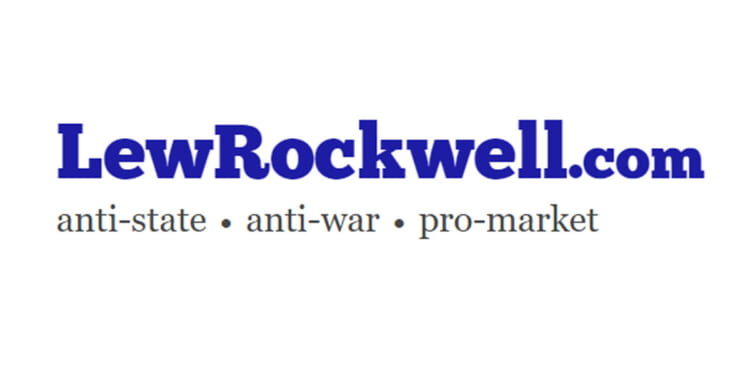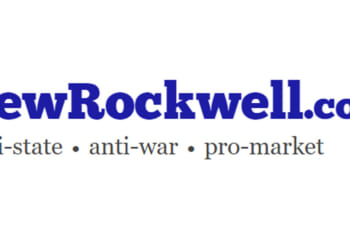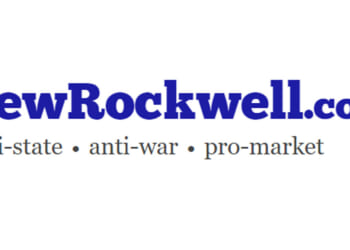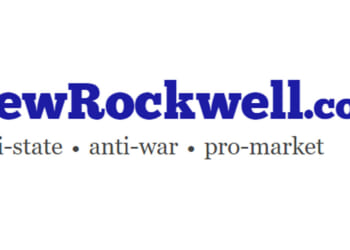Over the past decade, Canada has drifted from compelled speech into open flirtations with preemptive policing. What was once the realm of dystopian fiction, as described in Philip K. Dick’s The Minority Report and Orwell’s 1984, is now lawmaking reality. Legislators use words such as “safety” and “security” to gaslight their citizens while providing the exact opposite.
On October 8, 2024, constitutional lawyer John Carpay of the Justice Centre for Constitutional Freedoms warned that bills C-2, C-8, and C-9 would give bureaucrats and judges unprecedented power to surveil, silence, and preemptively punish citizens. He stated unequivocally that “Canada will be a police state by Christmas if Parliament passes these bills in their current form.”
Even though some of these measures were re-tabled, a similar approach remains: a belief that the state should control language, speech, data, and now thought. The human impulse toward control extends beyond political divides, and it should be just as much a concern for Americans as it is for Canadians.
I have documented this trend in various of my articles over the past decade: “Canada’s Boldest Professor Defies the Gender Police” (2016), “Canada’s Free Speech Wars” (2017), “The Tyranny of Gender Ideology in Practice” (2023), and “A Catholic’s Caution About Mark Carney” (2025). Liberal leadership, exemplified by the Trudeau government from 2015 to 2025 and the Carney government since March 2025, has consistently assaulted free speech. Similar to the boiling frog analogy, every new piece of legislation gradually intensifies the situation until it becomes irreversible.
Bill C-12: “Strong Borders” to Weak Privacy
Bill C-2, which was later rebranded as Bill C-12, was sold as a tool to fight fentanyl trafficking and money laundering. However, it includes a broad “lawful-access” clause that gives law enforcement and intelligence organizations the authority to obtain subscriber and metadata data based only on a suspicion of misconduct. Without a warrant or court supervision, service providers can be forced to turn over private information in a matter of days.
The bill would empower Canada Post (Canada’s mailing service) to open and detain private mail, merging border enforcement with domestic surveillance. Thanks to opposition pressure, particularly from the Conservatives, the government was forced to withdraw these provisions and introduce a narrower replacement.
Bill C-8: Cyber Security or Digital Exile
Bill C-8 grants cabinet ministers authority to order internet providers to block individuals, demand subscriber data, and impose fines up to $50,000 per day on citizens and $15 million on corporations who fail to comply. Appeals are so costly that few could afford to challenge the government.
The result is a legal framework for digital banishment, a system in which a minister’s order can erase one’s online presence, banking access, and even livelihood. Despite justifying such mechanisms as a safeguard against “bad actors,” history demonstrates that once granted, broad administrative powers rarely remain confined to their intended purpose.
Bill C-9: Emotion as Evidence
Bill C-9 removes the Attorney General’s oversight of hate-speech prosecutions and allows judges to increase sentences whenever they feel hate was a motive.
Yet Canada already criminalizes hate under section 319 of the Criminal Code, which defines “public incitement of hatred” and “wilful promotion of hatred” and provides explicit defenses of truth, good-faith religious expression, and participation in public debate. C-9 would eradicate these safeguards, replacing intent with emotion and empowering courts to criminalize speech that merely offends. When feelings supplant facts, justice becomes ideologically possessed.
Bill C-63: Thoughtcrime Codified
Although it’s been put on hold for now, the Canadian government hints at reviving the insidious Bill C-63, the Online Harms Act. If ever reaching royal assent, it would create a Digital Safety Commission to regulate platforms, introduce a new hate-motivated offense and peace-bond mechanism, and amend the Canadian Human Rights Act so that any expression “likely to foment detestation or vilification” could trigger civil prosecution.
Such language enshrines pre-crime by statute, which signifies the legal embodiment of thoughtcrime. In Orwell’s 1984, “crimethink” referred to citizens punished for harboring ideas the Party deemed “unacceptable.” Bill C-63 seeks to also govern behavior and conscience.
From Compelled Speech to Criminalized Dissent
It is important to realize that these bills are not isolated. They extend a pattern beginning with Bill C-16 (2016), which added “gender identity and expression” to the Human Rights Act and Criminal Code, compelling citizens to use state-approved pronouns, and Bill C-4 (2021), which criminalized “conversion therapy”—even voluntary counselling that affirms biological reality.
The results are glaring. Catholic student Josh Alexander was suspended and arrested for saying there are two sexes. A father in British Columbia was jailed for “misgendering” his daughter. Pastor Derek Reimer was repeatedly imprisoned for protesting “Drag Queen Story Hour.” Once the government can dictate language, one’s conscience becomes the property of the state.
Across the Atlantic: Warnings from England and Ireland
Canadians are not alone. Across Europe, vague “hate” laws have produced activist policing and criminalization of dissent. In Britain, former officer Harry Miller was visited by police who told him they were there to “check his thinking,” an act later ruled unlawful for its chilling effect on free expression. Television writer Graham Linehan was arrested at Heathrow for social media posts about gender ideology and banned from posting online while on bail. Blogger Pete North was arrested for a post about Hamas and accused of stirring up racial hatred. In Ireland, teacher Enoch Burke has been jailed multiple times for refusing to use a student’s preferred pronouns.
Speech policing transforms into thought policing when laws are based on subjective harm. Canada is merely formalizing in legislation what Europe has normalized in practice.
The Covid Template
Canadians have already lived under temporary autocracy. During the Covid years, as I have well documented in my book COVID-19: A Dystopian Delusion, churches were closed, protesters’ bank accounts were frozen, travel restrictions were imposed on the unvaccinated, jobs were lost for refusing experimental injections, and speech was censored from dissidents under the guise of “public health.” Those “alarmist” behaviors have now been structured into routine governance. What was once unthinkable has become commonplace.
A Cautionary Tale for America
Americans should not view these developments with smug detachment. No country or party is immune from weaponizing courts against its opponents. If, for instance, Republicans begin to use the law to punish their enemies, they build the same machinery that progressives will later turn against them. (This is something we have seen the Left implement ruthlessly; conservatives mustn’t follow the same missteps.)
In the United States, for instance, one can witness more immediate ramifications of questioning a particular narrative of a particular country that is sold as the “good guy” over another deadly group when both groups are deadly. Unthinkingly, the majority of people become polarized over two fictitious and diametrically opposed options instead of seeing their double threat. I’ll let readers make what they may of that statement.
Both the Left and Right will serve the very technocratic state they claim to oppose if political expediency replaces truth. The lesson from Canada is clear: do not hand your moral debates to bureaucrats or judges. The state’s adjudication of truth and conscience transforms liberty into a temporary license, subject to revocation at any time.
In 1975, Ronald Reagan told 60 Minutes that “if fascism ever comes to America, it will come in the name of liberalism.” His warning has outgrown its partisan frame. Today, totalitarianism comes disguised as compassionate, empathetic, polite, procedural, and progressive. Whether under Democrats or Republicans, the temptation to “keep us safe” by silencing our neighbors is the seed of tyranny. Freedom rarely dies by revolution; it dies through a thousand “compassionate” declarations. Orwell foresaw it. Reagan warned about it. Carpay is trying to prevent it, even though Canada is rapidly descending into it. The United States should take heed of it.
This article was originally published on Crisis Magazine.













